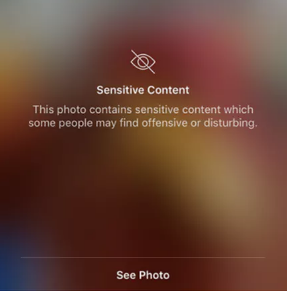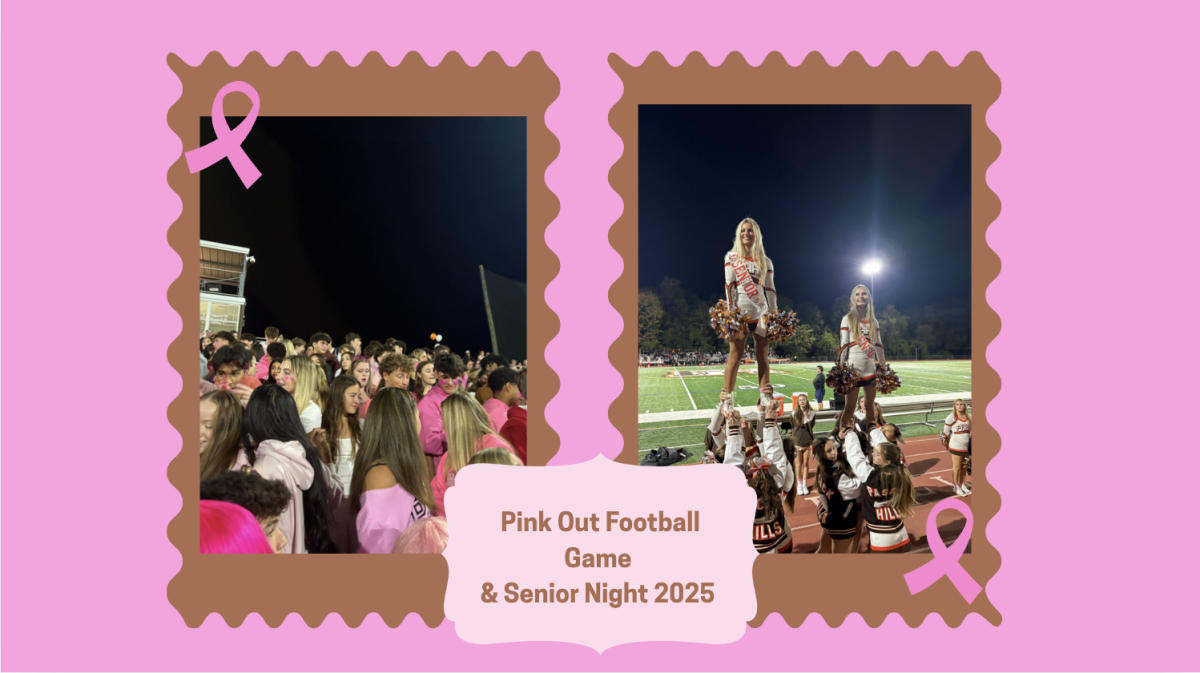Oversensitivity in 2018

Over the course of the past few years, people have become more sensitive to several different topics. With new ideas and social values quickly developing in the world, increased sensitivity is expected, but many people have taken it too far.
There are some obvious causes of increased sensitivity. Changes in politics, technology, mental health stigma, school, sports, exposure to the world, and increased awareness of racism, homophobia, and other issues have definitely contributed to oversensitivity. Technology can also be a major factor of this as, in the past decade, technology has increased dramatically. Ever since the smartphone, the way people – and teeenagers especially – think has changed due to the constant access to the world through a small screen.
Social media seems to be the main culprit when students at Pascack Hills were asked what they think led to oversensitivity. Freshman Shannon Goodwin shared her thoughts on why people in this day and age are more sensitive: “I think it’s probably social media, how you can say whatever you want to anyone.”
Social media is a big – and well-known – problem for teenagers. It has become the new social hierarchy – followers now determine self-worth, and everyone has access to post whatever they want, whenever they want. This availability to focus on yourself can lead to a somewhat narcissistic mindset, where teens can then not accept the fact of being told that not everything is about them. Not everyone wants to hear about where someone went out to dinner, but social media makes it seem like that’s all people care about.
“I feel like social media has amplified everything. People’s feelings get hurt more easily because they’re not face-to-face. You can say anything you want now because you don’t have to face the awkwardness of the confrontation when being face-to-face with someone,” spoke freshman Emma Kofitsas.
Other students connected social media to family morals, showing how it is not just about a teenager’s actions on apps such as Instagram, but our generation’s ability to overreact on topics that may go for or against what they believe in.
“I feel like it’s kind of just our generation as a whole, because we blow things out of proportion. We blow everything out of proportion. Even the Kardashians we blew out of proportion,” spoke freshman Bree Boffa, who also brought in the topic of generational values as a contributing factor of oversensitivity.
Generational values are certainly a factor as well. When someone grows up, they pick out what values are important to them and live according to those morals. Then, when those people have children, those morals are instilled into their kids, therefore creating the mindset that one’s values are the only correct values. Goodwin agreed with Boffa: “I think it has to do with generations – one person is raised a certain way, and it kind of amplifies over time, which is why people get more sensitive.”
Oversensitivity is also caused due to the constant use of the term “trigger warning.” Though this can be useful when talking about sensitive situations, sometimes trigger warnings can just hurt a situation rather than help it. It is essential people understand that “trigger warnings” don’t censor what is about to be said, but rather create an alert about what is being discussed. Some people may argue that it may or may not be responsible to put alert before reading or seeing, but in some cases it is just not needed and instead shelters people.
“Our parents keep us so sheltered from everything,” spoke Caity Parkes, relating to how trigger warnings can lead to a sheltered life in the future.
Some critics argue that trigger warning are more hurtful than helpful. In the The Atlantic article “The Coddling of the American Mind, the authors argued for this exact point: “There is a deeper problem with trigger warnings. According to the most-basic tenets of psychology, the very idea of helping people with anxiety disorders avoid the things they fear is misguided” (Lukianoff and Haidt).
Trigger warnings have been especially prominent in college campuses as well. Students have now been protected far more than they used to be. In some cases, everything that could be debatable is now sensitive and not available for discussion to protect people. But, it is questionable as to whether this new approach to “aiding students” is even helping them.
In the TIME Magazine article “The New Millennial ‘Morality’: Highly Sensitive and Easily Offended,” the authors wrote of how there is an “increased [demand] for professors to use ‘trigger warnings’ to alert students about uncomfortable material, for universities to address the small slights—or microaggressions—said to harm minorities, to ban objectionable speakers from campuses, and to make campuses ‘safe spaces’ where students are protected from offense of any kind” (Campbell and Manning).
This new college culture of protection leads students to begin to live in a sheltered lifestyle. As they move away from their parents and into their own careers, students need to learn how to face the world, not expect to be sheltered for the rest of their life. Teenagers now live in a bubble, but we should not let this bubble expand to the realm of college students too.
After all, why would you want to live in a bubble?

Mackenzie Blowers is a senior at Hills and is excited to be Editor-in-Chief of the Trailblazer along with Jared Mitovich. Before becoming Editor-in-Chief, Blowers edited the College Corner section of the Trailblazer and helped manage the paper's social media. She's looking forward to working with the Trailblazer staff to continue reporting with Hills Pride.
Fun fact: She loves to travel and collects pins from every city and country she visits!












































